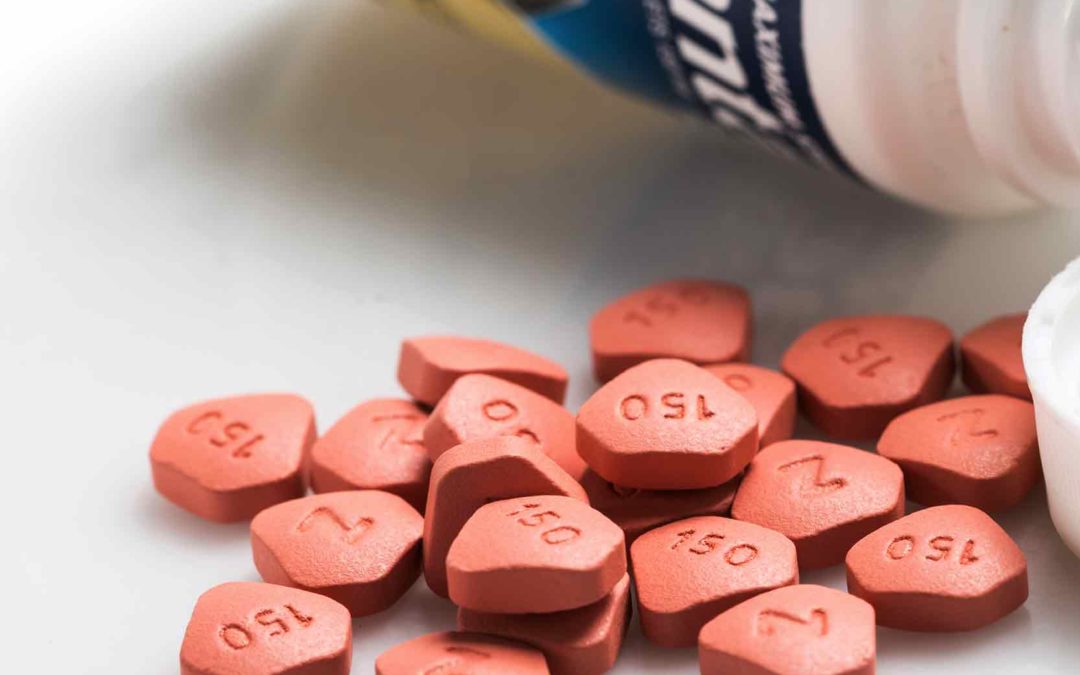What Happens When a Drug Is Recalled
Annually, about 4,500 products are recalled by the FDA. They have previously been approved for public use and used by consumers. The manufacturer is obligated to initiate a recall and carry it through. However, if needed, the FDA can order the manufacturer to engage in the drug recall process. The administration can also classify the recall as Class I, a designation that says the problem is serious.
The Meaning of the Drug Recall Process
When a drug is considered to be harmful, the best way to protect the public is to take it off the market. The product that is removed is thought to be in violation of the United States laws that provide the public with safe drugs.
What Products Can Be Recalled?
The following are categories of products that are subject to recall. These include medical devices, all human and animal drugs, vaccines, transplantable tissue, blood products, cosmetics, food and animal feed.
Reasons for Recalls
The reasons a drug is recalled range from problems with the way the drug is packed, or serious or life-threatening issues. Sometimes, the patient will stop taking the medication or have surgery to remove a dangerous implant.
Problems With the Drug Recall Process
While the FDA can initiate the recall process, they cannot force a manufacturer to recall their product. When a medical device is concerned, the FDA is able to make the company recall their product if there is reason to believe it will cause serious or fatal damage if used.
Another area where the FDA can make a company recall their product deals with human tissue or vaccines. In these areas, if the FDA is concerned the products will cause infections, they can force the manufacturer to recall its products.
The Drug Recall Process
Once the FDA is reasonably certain a drug is dangerous, they can initiate a recall. They learn about the danger by inspecting the facility, learning about health problems associated with the product or receiving a report from the CDC. First, it evaluates the drug and looks for the severity of the problem. The recalls are then further classified such that the following designations are attached:
Class I: This classification is the most serious and often involves pacemakers, heart drugs or other devices.
Class II: The effects of these products are not permanent and are described as temporary or reversible. An example of this is medical devices used for the repair of the hip or knee. The injuries they cause are not usually life-threatening.
Class III: Products in this classification usually do not cause injury.
Safety alerts: The manufacturer or the FDA will issue a safety alert for serious injury.
Withdrawal from the market: This is a recall of products that have no injuries associated with them or minor injuries. The product can also be repaired and often does not have manufacturing defects.
The Recall
The FDA notifies the product manufacturer that it will initiate a recall and works with the company to develop a strategy. Everything is considered such as the extent of the recall and warnings to the public. It also deals with the way the recall’s progress is followed.
Olinde Law Firm
Recalls are necessary since defective or harmful products must be removed from the market. If you have been harmed by a defective product, call the Olinde Law Firm at (800) 587-1889 to schedule a free case review. If it is easier for you, we can be contacted online.

